Showing 1 - 30 of 285 articles

At 86, Daphne has lived a very big and very full life including 60 years working for and travelling the world with the Salvation Army. Now living at Sacred Heart community, Daphne is ready to take on her next big challenge!
Read More
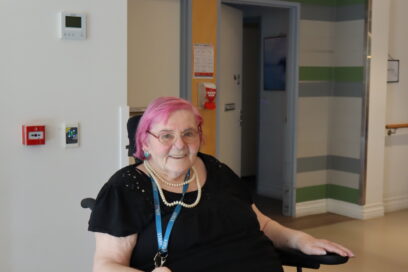
Full Speed Ahead: Daphne Rolls Into Her Next Chapter
11 June 2025
Read more
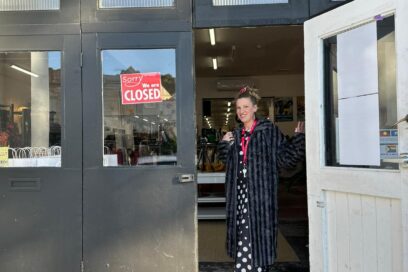
Meet Penni! Our North Fitzroy store coordinator
11 June 2025
Read more

The devil wears second-hand Prada, of course!
14 June 2025
View events

2025 Federal Election Response
19 May 2025
Read more
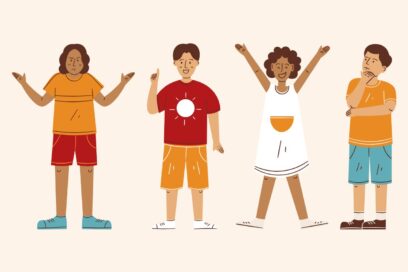
Introducing the Social Justice Hub!
16 May 2025
Read more

Our North Fitzroy op shop is moving!
10 May 2025
View events
Download PDF
Download PDF
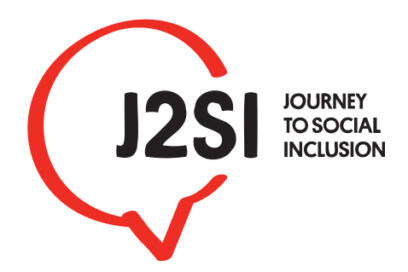

Leaving a lasting legacy – Raymond’s Story
4 March 2025
Read more
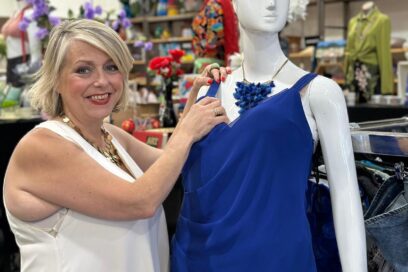
Charlotte curates Coburg
17 February 2025
Read more
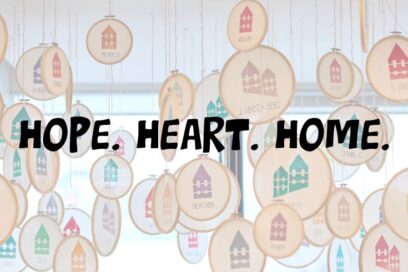
Introducing our new brand tagline
21 January 2025
Read more
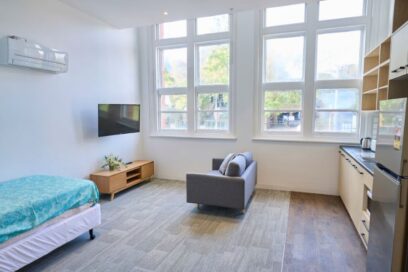

Chapel Street Op Shop Event 2024
23 November 2024
View events
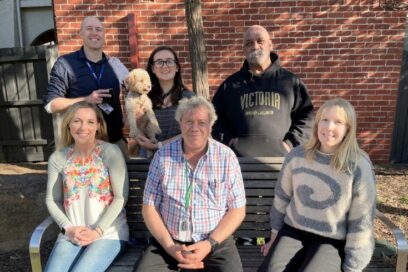
Read more
Journey to Social Inclusion Stage 3 Evaluation
24 October 2024
Download PDF

Coburg Op Shop’s Spooky First Birthday
12 October 2024
View events
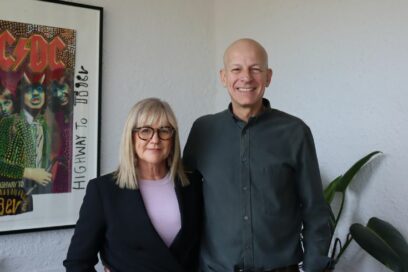
The importance of giving back – Keryn and Stephen’s Story
24 September 2024
Read more
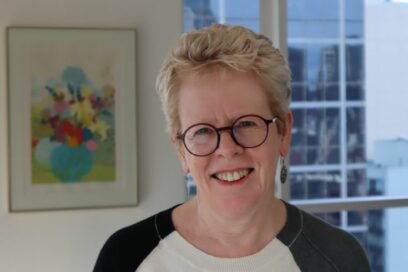
Toni’s Story – Ensuring a legacy of connection and community
29 August 2024
Read more
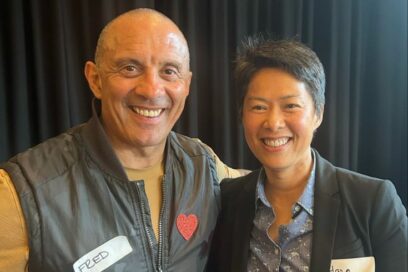
Meet Fred, who’s giving a special gift
29 August 2024
Read more
Read more
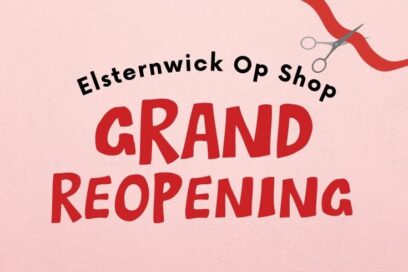
Our Elsternwick Op Shop grows!
17 August 2024
View events
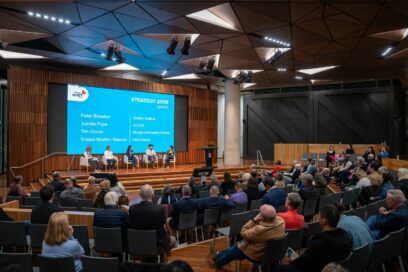
Read more
The Poverty Puzzle – Monash University
30 May 2024
Read more
Read more

Response to the Federal Budget 2024-2025
21 May 2024
Read more

Response to the Victorian Budget 2024-2025
21 May 2024
Read more
J2SI Phase Two Snapshot
14 May 2024
Download PDF

10 years of our Dine with Heart Gala Dinner
29 April 2024
Read more
Don't miss a beat
Stay up to date with our newsletter, Heartbeat
